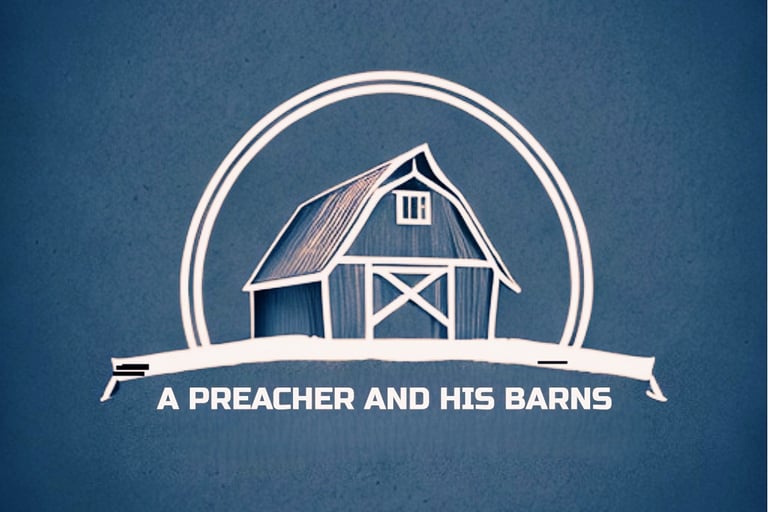The Humanness Of Bathsheba
The only thing we know about how Bathsheba felt about things is wrapped up in that one word: mourned. Not joy. Not peace. Not happiness or anything positive at all. Just mourning.


The Humanness Of Bathsheba
In 2 Samuel 11:26, we get a small but important glimpse into her heart. In the only description in the entire passage that gives us any indication of Bathsheba’s feelings and emotions, we are told that she mourned.
2 Samuel 11:26
Now when the wife of Uriah heard that Uriah her husband was dead, she mourned for her husband.
The only thing we know about how Bathsheba felt about things is wrapped up in that one word: mourned. Not joy. Not peace. Not happiness or anything positive at all. Just mourning. What a sign of her loyalty, grief, and integrity. Her heart is laid out for all to see. It is the one and only thing we are told about her.
Let’s look at what she has endured: she was drawn into a dangerous and elicit affair with a powerful king, her husband has died, she was placed into the king’s “harem” where she would contend with rival wives and the knowing looks and comments of the people around her …
and her child died.
Can we take a minute and just think about what that much trauma, in the span of one year, would do to any one of us? Men and women have been broken over less than that. Is there any wonder that the only thing we are told about her is that she mourned?
Bathsheba mourned and she was comforted. She had to overcome death, guilt and intrigue and figure out life in the treacherous space of the king’s palace. Bathsheba would learn the nuances of politics and power in her quest to survive and even excel in the royal household.
She would rise to the top, as we will see tomorrow.


